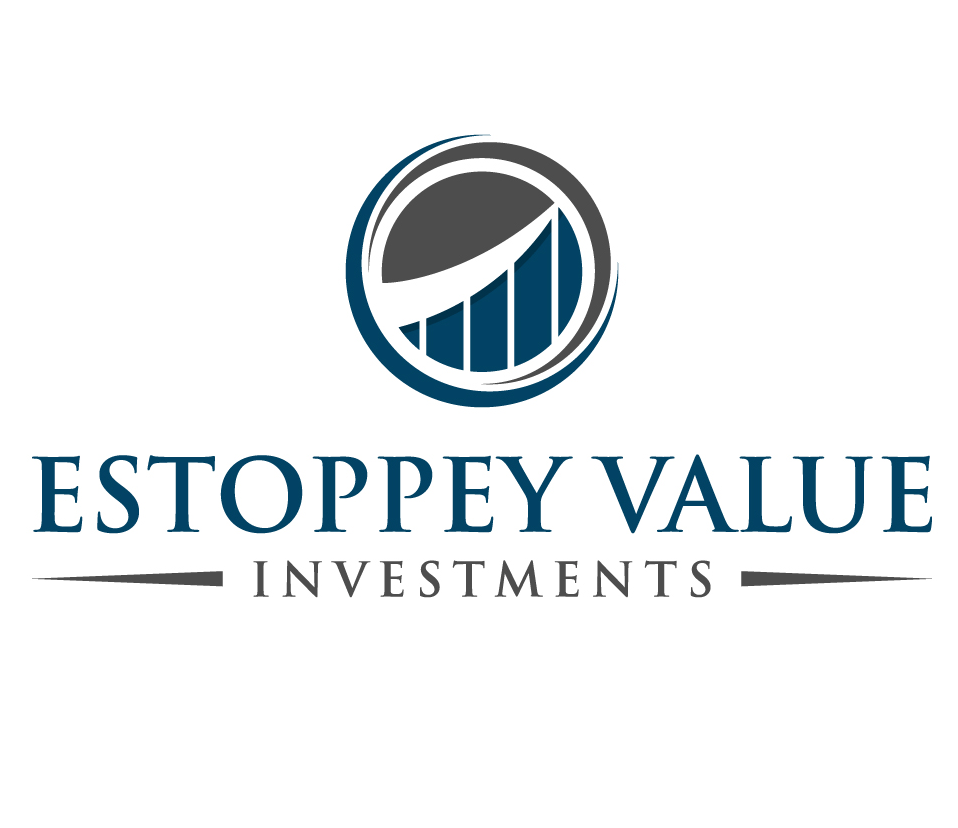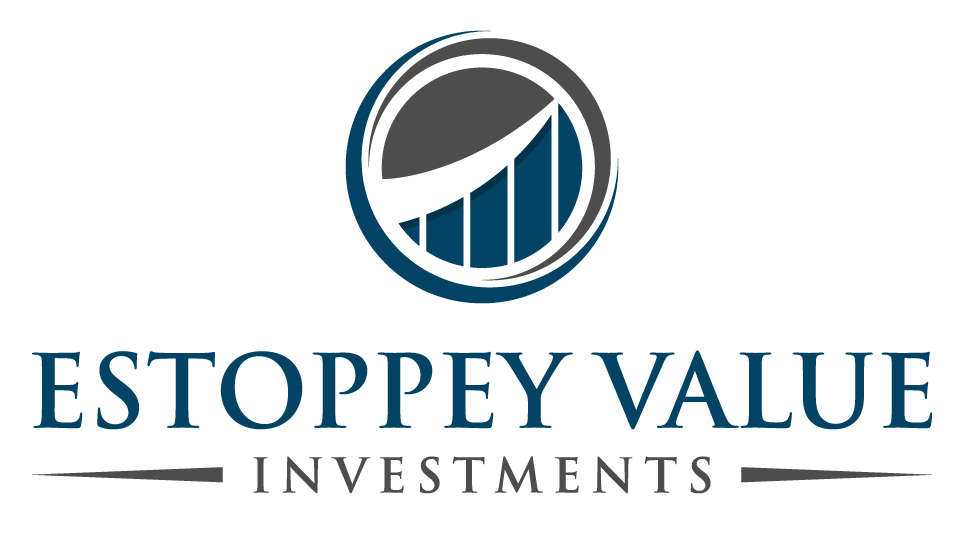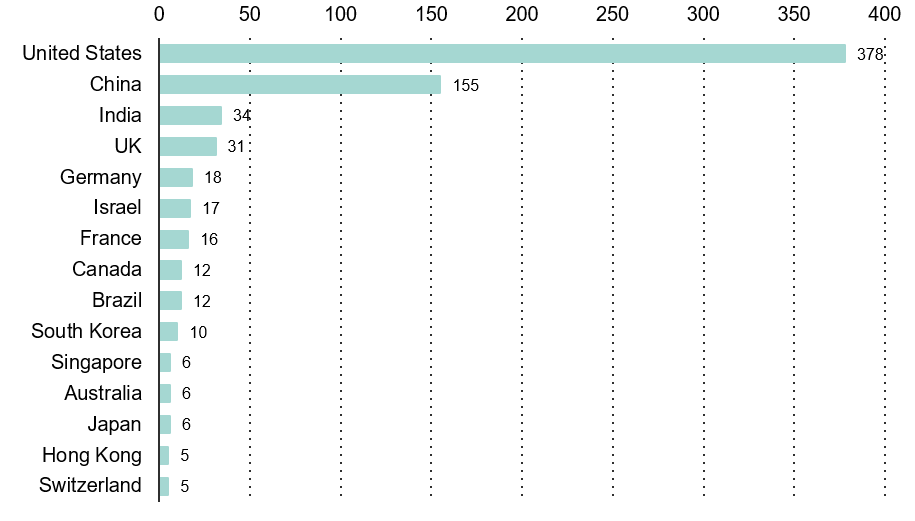Unicorn Company
Would you like to invest your money? Get in touch with an expert:
What are Unicorn Companies?
Unicorn companies refer to privately held start-up companies that have a valuation of over 1 billion US dollars. There are over 1,000 such companies worldwide (as of March 2022). The chart illustrates the number of unicorn companies globally by country in the first half of 2021.
The five Swiss companies are:
- Sportradar - Sports data
- nexthink - Data management and analysis
- mindmaze - Medical technology
- Numbrs - Fintech
- Acronis - Software
Information as of February 12, 2021, according to CB Insights.
Number of unicorns¹ worldwide by country in the first half of 2021
Source: statista
Unicorn companies are exceptionally rare and demand a
remarkable degree of innovation. Due to their substantial scale, unicorn investors typically consist of private investors or venture capitalists, making them inaccessible to individual small-scale investors. Although not always necessary, many unicorns strive towards attaining an initial public offering (IPO) as a pivotal step in their growth journey.
The value of a unicorn company heavily relies on the assessment of its growth potential. Investors and venture capitalists rely on forecasts, and the valuation is not determined by current profits. Start-up companies typically generate minimal profits in the early stages as all capital is invested in further development and growth. Forecasting becomes particularly challenging for start-ups due to their high degree of innovation. Consequently, comparing the company or its business model to other companies is often difficult.
There are several exit options for unicorn companies. Firstly, the company can choose to remain privately owned. The advantage of this option is that the founder can retain full control. However, it can be challenging for the company to grow and provide adequate returns to investors. Another option is going public through an initial public offering (IPO). This allows access to capital, enabling the company to further expand. However, the downside of an IPO is the dilution of ownership. Selling the company to a strategic investor, who integrates it into the value chain of another company, is another possibility. Lastly, the company can be sold to a financial investor such as a private equity firm.
The term "unicorn company" was coined by US venture capital angel investor and co-founder of Cowboy Ventures, Aileen Lee. According to Lee, it is rare to find a startup company that has the potential to reach a valuation of 1 billion US dollars. In her article "Welcome to the Unicorn Club: Learning from Billion-Dollar Startups," she examined the frequency of software startups that achieved a billion-dollar valuation. The result showed that only 0.07% of companies ever reached a valuation of 1 billion dollars. Lee emphasizes that finding such a startup company is as difficult as finding a mythical unicorn.
Bill Gurley, a partner at Benchmark Capital, wrote in a blog post about the difference between late-stage private capital raising and going public. He explained that since the 2010s, "an unprecedented 80 private companies have received financings with valuations of over one billion USD." He further noted that "late-stage investors, desperate to not miss out on acquiring stakes in potential 'unicorn' companies, have essentially abandoned their traditional risk analysis."
The question of whether unicorn companies in the technology sector represent a repeat of the late 1990s dot-com bubble continues to spark discussions. For example, John Mullins from the London Business School argues that the rise of companies aiming to be worth more than one billion dollars is a sign of market exaggeration. Others believe that the rise reflects a new wave of technology-driven productivity. It is also speculated that globalization and central bank monetary policies since the Great Recession have led to significant capital flows chasing unicorns worldwide.
There is always a risk of overpaying for a company. Therefore, it is dangerous to simply participate in an IPO, for example, based on gut feelings. It is worthwhile to consult an expert, such as an independent wealth manager, who is knowledgeable about company valuations and can provide an assessment of whether a company is fairly valued.
Would you like to invest your money?
Speak to an expert.
Your first appointment is free of charge.




